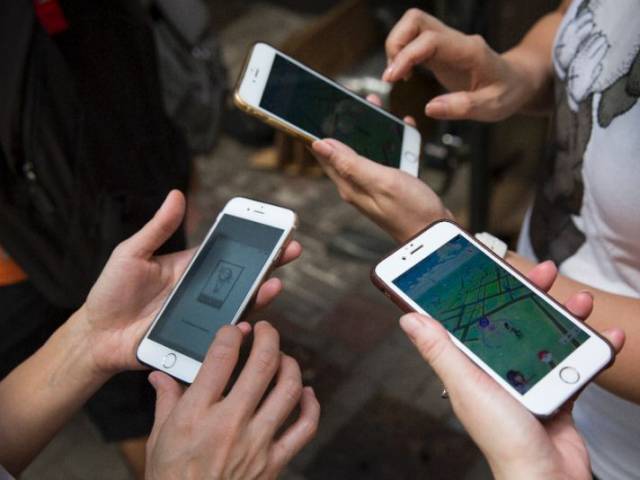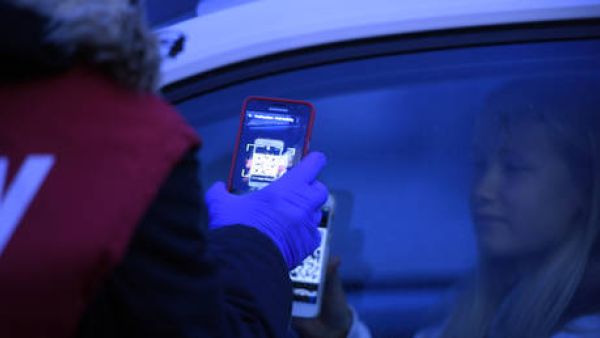Hoping to limit and track the spread of COVID-19, governments and private companies have developed apps and websites which can monitor symptoms and the movements of those suspected of having contracted the virus. The proliferation of apps and website raises important questions on privacy and the exploitation of user data. What problems have already begun to rise in the marriage of technology and the tracking COVID-19?
In the UK universities developed services which allowed users to log symptoms. King’s College London (KCL) released an app in late March, COVID-19 Symptom Tracker, which was downloaded over 700,000 times in the first twenty-four hours. Downloads have now reached over two million. Data is then sent to officials at the UK government for them to interpret and respond to the data.
But, as Professor Tim Spector who was part of the team at who developed the app, pointed out in a recent webinar, the KCL app aimed to provide something different to what other countries and services were doing:
“In the news, all you're hearing about is the number of intensive care beds and number of confirmed cases based on a few limited tests and the number of, sadly, deaths. But this doesn’t really illustrate what is going on with an infection like this. The very first bit of exciting news we had was the very range of symptoms out there. This is what we wanted to capture in the app, not just fever and persistent cough, but let’s give people a chance to note down what they were suffering, when they were suffering, and when they got better.”
The very first bit of exciting news we had was the very range of symptoms out there. This is what we wanted to capture in the app, not just fever and persistent cough
This means that researchers can begin to understand the full complexity of the virus as it presents itself in different individuals. New symptoms like loss of smell and taste become noticeable as the sample group expands across the country. The severity of symptoms also shows itself in full range, from almost unnoticeable to life-threatening.
But the KCL app differs from many others around the world. Where COVID-19 Symptom Tracker logs symptoms and the postcode of the user, other apps developed, in Singapore for example, are contact-tracing. This means that the software can spatially map the location of the user together with anyone they may have been in contact with. If someone then comes to be identified as carrying the virus, those they have recently been in contact with can be notified and told to isolate themselves.
other apps developed, in Singapore for example, are contact-tracing. This means that the software can spatially map the location of the user together with anyone they may have been in contact with.
As Professor Spector said, “this works well at the beginning of an outbreak but doesn’t work so well when it’s everywhere.” Regardless of this, companies and governments have scrambled to develop their own versions of Singapore’s contact-tracing app.
Most significant amongst private companies is the partnership between Google and Apple. They have come together to “joint effort[s] to enable the use of Bluetooth technology to help governments and health agencies.” Users will download apps from their respective national health providers which will then be able to speak across iOS and Android devices to monitor contact between citizens.
The risk we face here is that private companies will exploit and profit from this international disaster. Shoshana Zuboff in The Age of Surveillance Capitalism, a seminal book published on the power of Big Tech, argues that we must ask a fundamental question regarding the usage of personal data.
Zuboff asks, “why is our experience rendered as behavioural data in the first place?” By “rendered” Zuboff refers to both something created – “a process in which something is formed out of something else.” On the other side, “rendered” describes the way in which one thing “gives itself over to this process: it sur-renders.” The question we need to ask in relation to COVID-19 data collecting, therefore, is what is kind of behavioural data is being created out of my experiences? And what am I unknowingly surrendering?
Zuboff asks, “why is our experience rendered as behavioural data in the first place?”
In The Age of Surveillance Capital, Zuboff points to Pokémon Go, the augmented reality videogame with over a billion downloads. Users were directed to specific locations in the real world in order to be virtually rewarded. Pokémon Go demonstrated the ability of Big Tech to move large and disparate groups of people to places they otherwise would not have visit. Within weeks retailers were paying to have their premises incorporated into the game. If players a guided to a pizza restaurant, perhaps they’ll buy a pizza whilst they’re there. Nintendo saw its shares by 52% in market value.

Pokemon GO and 'surveillance capitalism', AFP
But not only did the developer of Pokémon Go, Niantic, direct users to specific locations and businesses, it also allowed itself to access the contact lists as well as location data. It turned out the game was collecting, in Zuboff’s words, “behavioural data in excess for what was needed for effective game operations.” It turned out that the aim of Pokémon Go was to serve as a prototype which could be up-scaled way beyond what users of the game could imagine. The game served as an example of how it was possible to move people from a location into another, for profit.
In The Age of Surveillance Capital, Zuboff points to Pokémon Go, the augmented reality videogame with over a billion downloads
How does Pokémon Go relate to apps being used to track COVDI-19? Well, the new apps are allowing themselves greater freedoms on our devices. The service to be provided by Apple and Google, for example, can make two mobile devices connect with one another via Bluetooth. Although they say the data will be anonymised, there is a huge risk that it will open the floodgates, post-COVID, to the same kind of freedoms within business.
There is no use in being alarmist regarding the power of Big Tech. However, we should always bear in mind that there is a potential that private companies might be taking advantage of the coronavirus crises in order to further their access to our data.
Further reports came out yesterday that the NHS has been considering de-anonymising personal data, thus making it possible to identify who had contracted COVID-19 and where they had travelled to
This week in the UK it was revealed by The Guardian that the government and national health service were involved with private companies to track COVID-19 carriers around the country. Further reports came out yesterday that the NHS has been considering de-anonymising personal data, thus making it possible to identify who had contracted COVID-19 and where they had travelled to.
Although the disasters we are now facing are overwhelming, we must not lose sight of our basic right of being free from exploiters and profit-makers. Data is knowledge and, as we know, knowledge is power. We should keep an eye on who is trying to diversify their data gathering during this crisis.
The views expressed in this article do not necessarily reflect those of Al Bawaba News.







